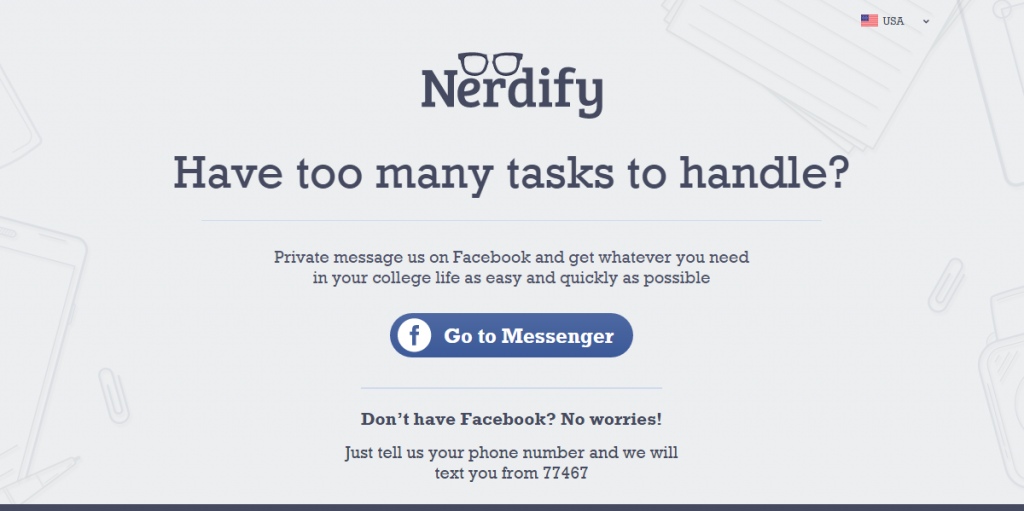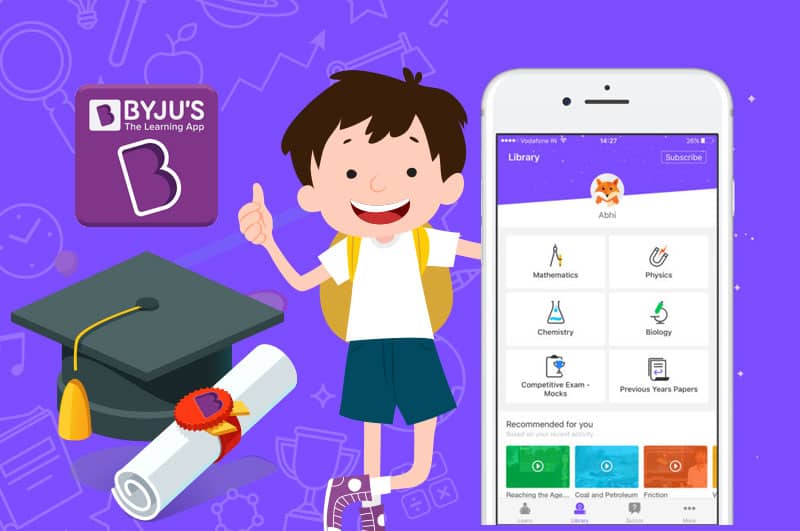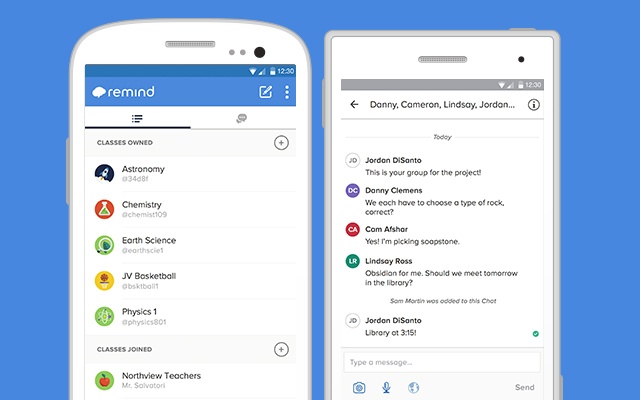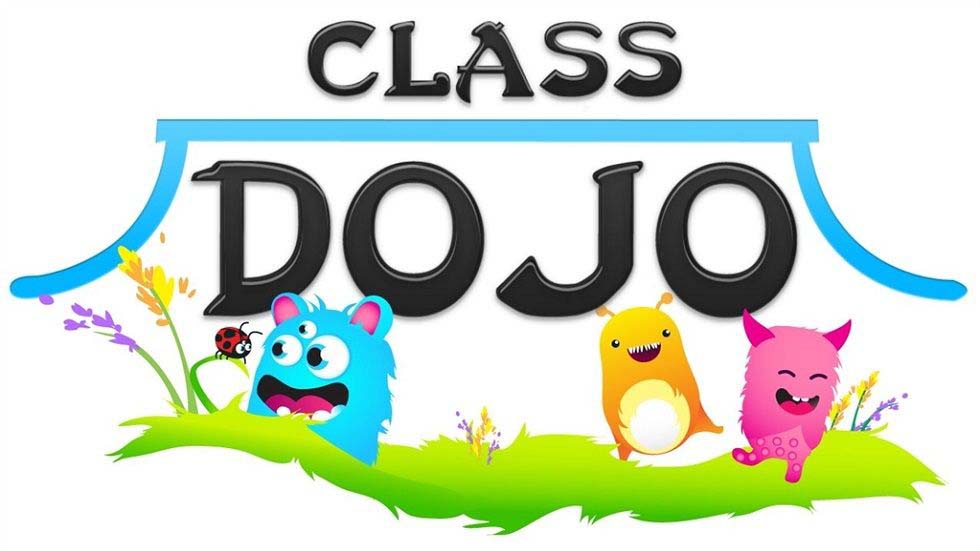Tech
Edutech Startups Which Are Changing The Education World

Tech startups are the talk of the town today, with a major hand in fields ranging from medicine, to gaming, to healthcare and to education. In the last few years, the edutech area is shaping up to be quite exciting, with new edutech startups booming every few months. Here’s our list of edutech startups which are quite literally changing the education game!
1. Nerdify

Picture credits: Nerdify.com
At its core, Nerdify is basically like your personal assistant which helps college students. Designed to help college students answer any questions they have or order books they had difficulty finding, Nerdify is easy to use. With either a text or a message on the Facebook page, personal assistants, called Nerds, help students with whatever they want. Extremely easy to use and simple to download, the app helps make life easier for college students.
2. Byju’s

Picture credits: Byjus.com
Founded in the year 2015 by Byju Raveendran, Byju’s as an app primarily focuses on children belonging to the primary and secondary fields. By creating interactive studying sessions, the app helps simplify the study material for children going through the toughest years of their schooling life. With more than 3 lakh monthly subscribers, the app has not only helped change the way children learn, but has instilled the love of learning in children.
3. Newsela

Picture credits: newsela.com
Unlike the previous years, it has become imperative for students to not just indulge in rote learning, but also understand, analyse and comprehend what they read. Newsela has been created with exactly this formula in mind. With carefully curated articles on different topics, this app helps students go beyond the basic text. Through grade appropriate content, students can study the material and be assessed on what they have learnt!
4. Edukart

Picture credits: edukart.com
Edukart is changing the education game one day at a time. By helping both students and professionals, the app offers a wide range of services ranging from more than 2,000 plus courses in degree, diploma, certificate, entrance coaching and K12 categories. Founded in 2011, this app has been making great waves in the Indian education system!
5. Remind

Picture credits: google.chrome.web
With the education game growing stronger every day, the days of sticking notes and reminders inside backpacks is now a thing of the past. Designed to improve communication and make conversations between students, teachers and parents easier, Remind works because it is smooth, easy to use and works on a real time basis. Without asking either parties for their numbers, the app lets you send messages on the app to remind people about things they have forgotten. From reminding people about assignments, to reminding parents about parent teacher meetings and visits, this app is quite literally a life saver!
6. Class Dojo

Picture review: edtechreview.com
In today’s day and age, maintaining classroom culture is extremely important. The Class Dojo app helps maintain seamless communication between the students, teachers and the parents. Designed to make conversations easy, Class Dojo is changing the way the education system works.
7. Peer Grade

Picture credits: teacherspayteachers.com
While it is important for one to get assessed by those older than you, getting feedback from the people who are your age is equally important. Peer Grade does exactly this. The teachers give the assignments, the students complete and upload it and the teacher assigns other students to grade the projects. Not only does this app help the students understand how their peers are doing, it also helps the instructors get better by looking at the way the students go through the course material.
With so many apps doing so well, it comes as no surprise that the education field is doing better every day! If you think we missed out on any other apps like these, comment and let us know!
Tech
Paytm Grants ₹16.7 Crore ESOPs To Employees Under 2019 Stock Option Plan

Paytm parent One 97 Communications has granted fresh employee stock options (ESOPs) worth about ₹16.7 crore to eligible staff under its 2019 ESOP scheme, highlighting a stronger push toward employee ownership and retention. The grant covers 1,23,908 options, each convertible into one equity share with an exercise price of ₹9, significantly below the prevailing market price. At Paytm’s recent share price levels, this translates into a notional value of around ₹16.6–16.7 crore for employees.
The ESOPs are designed to align employee incentives with Paytm’s long-term growth, giving high-performing team members a direct stake in future value creation. As the options vest and are exercised, eligible employees can participate in potential upside from Paytm’s expanding fintech and payments ecosystem, subject to standard ESOP vesting conditions. The company has also confirmed that the scheme complies with SEBI’s share-based benefit regulations.
This ESOP grant comes soon after Paytm’s payments arm secured key RBI approvals to operate as a payment aggregator across online, offline and cross-border transactions, strengthening its regulated payments stack. Coupled with rising operating revenues, the fresh stock options signal management’s continued focus on attracting and retaining top talent even as profitability remains under pressure. For SEO, key phrases around “Paytm ESOP grant,” “₹16.7 crore employee stock options,” and “One 97 Communications employee ownership” capture the core update for search and news discovery.
Latest News
Apple’s iOS 18.7 vs iOS 26: Which Update Should You Choose for Your iPhone in 2025?

Apple’s recent iOS 18.7 rollout provides a secure alternative to the visually revamped iOS 26, empowering iPhone users to choose between system stability and next-generation features. While iOS 18.7 focuses on important security updates and bug fixes, it maintains the familiar iOS experience for users of older devices like iPhone XS, XS Max, XR, and SE models up to the 16e. The update is lightweight—about one-fifteenth the size of iOS 26—which means quicker downloads and less storage consumption. It’s designed for reliability and fast installation, making it ideal for users who prioritize a stable and secure operating system over design changes.
In contrast, iOS 26 introduces Apple’s ambitious “Liquid Glass” interface with a transparent look across apps, enhanced widget and lock screen customization, smarter Siri, and improved camera controls. These innovations, however, come with a larger update size and compatibility exclusive to newer iPhones beginning from the iPhone 11 series. While early adopters can enjoy the futuristic interface and AI-powered upgrades, major OS launches may present initial bugs or app compatibility issues that cautious users typically wish to avoid.
Choosing between iOS 18.7 and iOS 26 depends on each user’s priorities—those seeking guaranteed stability and fast security fixes should consider sticking with iOS 18.7, while users excited about premium features and visual changes should migrate to iOS 26 if their device supports it. Both updates are available through Software Update settings, and Apple will support iOS 18.7 for only a limited duration, eventually encouraging all users to transition to the latest platform. This dual update strategy ensures every iPhone user can safely update their device for a seamless and secure experience in 2025.
Tech
Apple’s iOS 26 to Automatically Pause FaceTime Calls Upon Nudity Detection

Apple’s upcoming iOS 26 introduces a new privacy-focused safety feature for FaceTime that automatically pauses both video and audio calls when nudity is detected on camera. This feature, discovered in the iOS 26 developer beta, is part of Apple’s expanded Communication Safety suite aimed primarily at protecting children from exposure to inappropriate content during live video chats. When nudity is detected, FaceTime freezes the call and displays a warning message, allowing users to either resume or end the call.
The nudity detection runs entirely on-device using advanced machine learning, ensuring that no images or videos are sent to Apple’s servers, thereby preserving user privacy. Although originally designed for child accounts as part of family safety tools announced at WWDC 2025, the feature currently appears active on all accounts in the beta version, including adults, which has sparked discussion about its broader application. Apple stresses that this local processing method keeps user data private while providing real-time protection against sensitive content during FaceTime calls.
Alongside this new safety measure, iOS 26 brings several other updates across the Apple ecosystem, including a new Liquid Glass design and enhancements to Messages, Wallet, and CarPlay. While the FaceTime nudity detection feature has not yet been confirmed for the final public release, its presence in the beta underscores Apple’s commitment to balancing user safety with privacy in an increasingly connected world. The full rollout later this year will clarify how widely the feature will be applied and whether users will have control over its activation













MM88
November 5, 2025 at 12:59 pm
Khám phá thế giới giải trí trực tuyến đỉnh cao tại MM88, nơi mang đến những trải nghiệm cá cược thể thao và casino sống động.
Kuwin
November 5, 2025 at 1:58 pm
kuwin sở hữu kho game đa dạng từ slot đến trò chơi bài đổi thưởng, mang đến cho bạn những giây phút giải trí tuyệt vời.
GO88
November 7, 2025 at 5:25 am
Tham gia cộng đồng game thủ tại Go88 để trải nghiệm các trò chơi bài, poker phổ biến nhất hiện nay.
站群程序
November 10, 2025 at 2:29 pm
搭载智能站群程序,自动化搭建与管理,为SEO项目提供核心驱动力。站群程序
iwin
November 15, 2025 at 12:01 am
iwin – nền tảng game bài đổi thưởng uy tín, nơi bạn có thể thử vận may và tận hưởng nhiều tựa game hấp
J88
November 22, 2025 at 7:19 pm
Đến với J88, bạn sẽ được trải nghiệm dịch vụ cá cược chuyên nghiệp cùng hàng ngàn sự kiện khuyến mãi độc quyền.
MM88
December 2, 2025 at 12:28 pm
Với giao diện mượt mà và ưu đãi hấp dẫn, MM88 là lựa chọn lý tưởng cho các tín đồ giải trí trực tuyến.